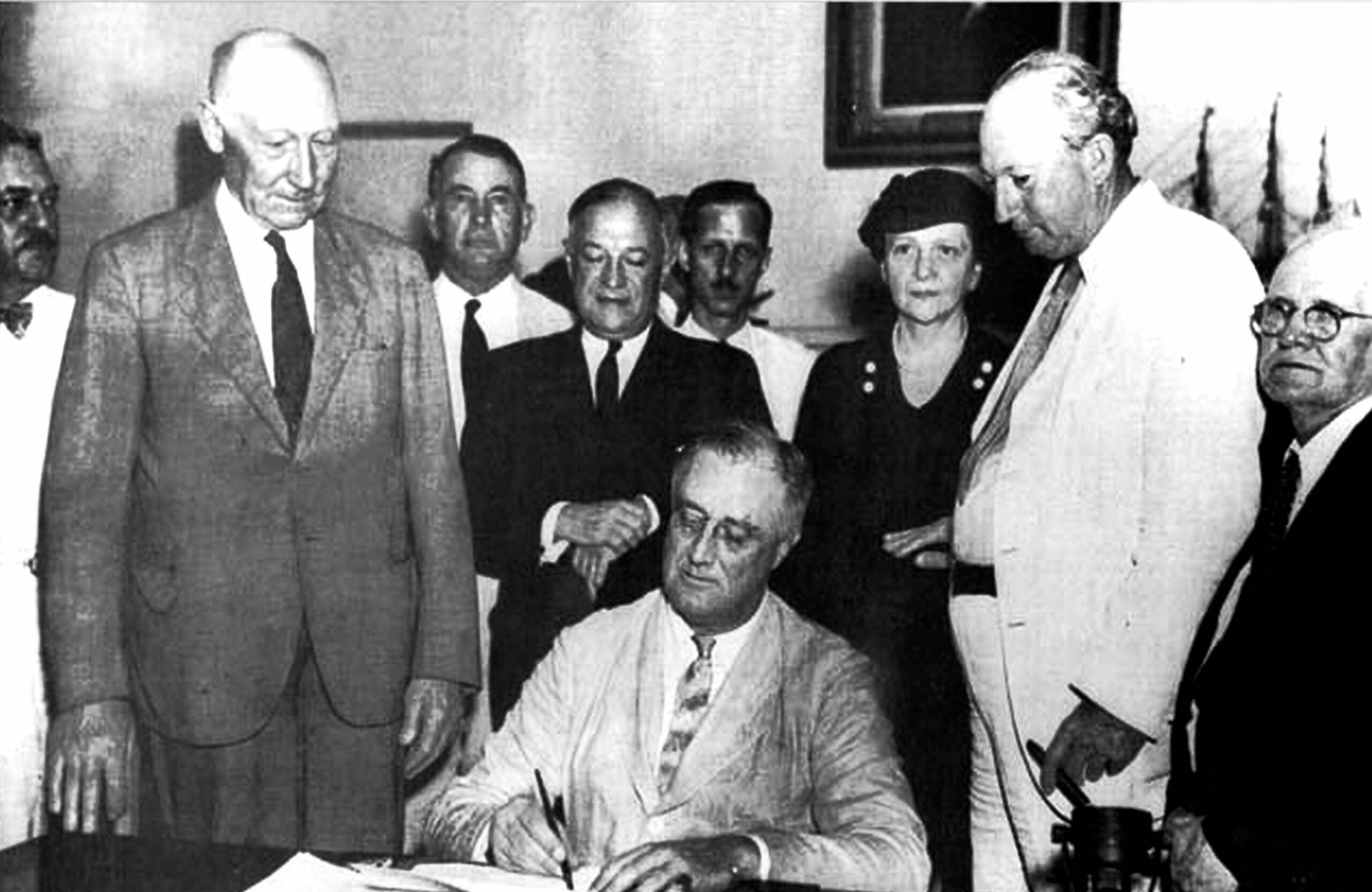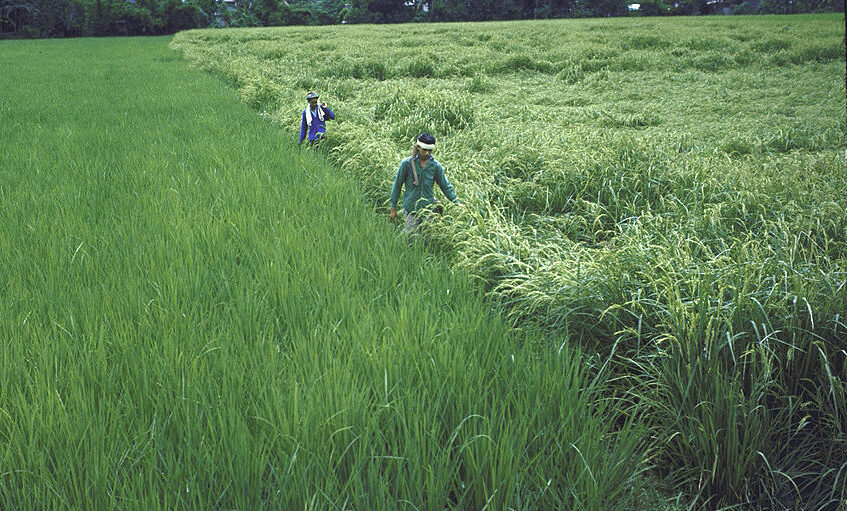Health Care as Social Insurance: The Role of Medicaid in Improving US Health
About the Lecture Expanded access to healthcare in the United States through the nation’s public health insurance program, Medicaid, has led to meaningful–and measurable–improvements in people’s health. Insurance expansions that have targeted pregnant women, children, and adults have all had important short- and longer-term effects on health, and this talk will discuss some of those outcomes and the ways that researchers are exploring and measuring Medicaid’s impact. Event Recording About Laura Wherry Laura Wherry's primary area of research focuses on the changing role of the Medicaid program and its impact on access to health care and health. Recent work examines …






